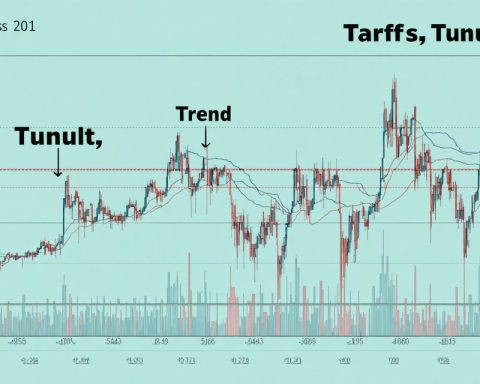In a surprising twist, Apple continues to face hurdles over the sale of its iPhone 16 in the Indonesian market, despite reaching an agreement to establish a production plant locally.
The ongoing issue stems from Indonesia’s strict domestic content policy, which mandates that all smartphones sold in the country incorporate a minimum of 35% locally-manufactured components. This regulation has proven to be a significant obstacle for Apple, as its iPhone 16 has yet to comply with these requirements.
Last year, in an attempt to boost local industry, Indonesia implemented the ban on iPhone 16 sales, creating a complex situation for the tech giant. Although intentions to abide by local laws are apparent, the path to meeting the precise content standards is fraught with challenges.
The industry minister shed light on the ongoing negotiations, emphasizing that despite Apple’s plans for a production facility, they still fall short of the stipulated criteria, preventing the sale of iPhone 16 models in the region.
This development not only underscores the importance of local manufacturing for global companies entering the Indonesian market but also highlights the intricate balance between compliance and market strategy that Apple must navigate. Consumers and tech enthusiasts in Indonesia remain eager to see how this scenario unfolds and whether Apple can align its production processes with national expectations to finally bring the iPhone 16 to their stores.
Will Apple’s Challenges in Indonesia Spark Innovations in Local Manufacturing?
Apple’s ongoing challenges in the Indonesian market have brought to light several insights and predictions about the tech industry and global compliance standards. As the company navigates Indonesia’s stringent domestic content policy, which requires smartphones to integrate at least 35% locally-manufactured components, several key issues and trends are emerging.
Market Trends and Predictions
Indonesia’s policy presents a growing trend among countries seeking to bolster local industries by mandating domestic manufacturing. This movement could encourage global tech giants to adapt their supply chains, potentially leading to innovative production techniques or partnerships with local manufacturers. Analysts predict that such requirements might be adopted by other countries, particularly in emerging markets.
Innovations and Potential Solutions
To address this challenge, Apple might explore groundbreaking ways to integrate local content into its products. This could spark partnerships with Indonesian firms for component manufacturing or assembly, potentially leading to tech innovations customized for Southeast Asian markets. Additionally, the establishment of a production plant in Indonesia might lead to advancements in sustainable manufacturing practices, leveraging local resources and expertise.
Compliance and Security Aspects
Navigating compliance involves not only meeting local content standards but also ensuring that production processes adhere to Apple’s global security and quality benchmarks. This might result in the development of robust compliance frameworks that other tech companies could later adopt when entering similar markets.
Potential Economic Impacts
A successful integration of Apple’s production processes within Indonesia could stimulate economic growth by creating local jobs and fostering technological development. Moreover, this move might inspire other multinational companies to expand their operations locally, diversifying the tech industry landscape in Indonesia.
Pros and Cons of Local Manufacturing
Pros:
– Encourages local industry growth and job creation.
– Potential for unique products tailored to regional markets.
– Could drive innovations in sustainable manufacturing.
Cons:
– Initial setup costs and logistical challenges.
– Risk of delays and compliance hurdles impacting market entry.
– Balancing global quality standards with local manufacturing capabilities.
Conclusion
Apple’s experience in Indonesia could serve as a blueprint for other technology companies dealing with similar market entry challenges. As the tech giant works to align its production with Indonesia’s expectations, the world watches to see if these efforts will pave the way for a more globally integrated and locally sustained production era in the tech industry.
For more information on Apple’s global activities, visit Apple’s official website.



















